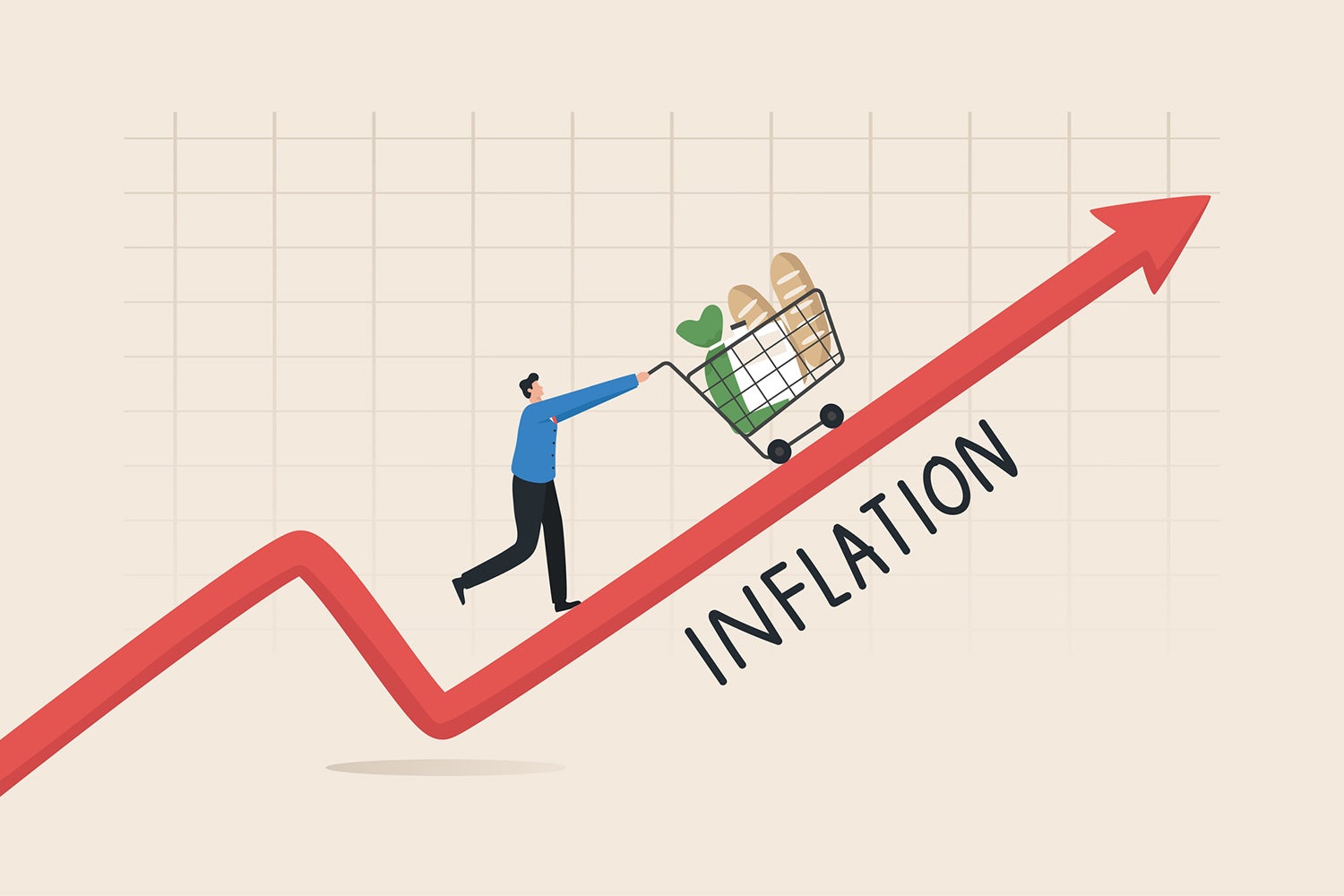Is the global economy in danger after two years of the pandemic?

We’re dealing with two problems simultaneously. Inflation has marked its identification as the most prominent and pressing concern for many countries in the world for the very first time in many years. This is a great disadvantage for the global economy in terms of its recovery. Economic growth is slowing, but inflation is rising. People’s wages are declining while their misery is increasing.
The twin crisis of the global economy.
The pandemic.
First, there was the pandemic, which shook our livelihoods and the global economy causing businesses to face down and it is far from coming to an end. The continuous expansion of deadly organisms can pave the way towards more threatening infectious or, worse, fatal mutations, which can further lead to more complicated global breakdowns and further inequality across rich and poor countries.
Every corner of the world felt to be captured by the catastrophic pandemic COVID-19 in the fourth quarter of 2019 and imposed a global lockdown, followed by the strictest restrictions like social distancing and work-from-home methods applied or a massive laying-off of the workforce, with manufacturing, stagnating export and import business.

Russia-Ukraine conflict.
Second, the war: Russia’s invasion of Ukraine, which has devastated the Ukrainian economy, has sent turmoil in all parts of the world. While the unwelcomed virus came to a halt and the global economy began to breathe new life into it and begin to shift back to normalcy following the intense and strict mass immunization with double-dose and booster doses of COVID Vaccines since the beginning of 2021, the Putin-led Russia (garnering the dubious honor of a nuke-armed powerhouse) has contributed to the blazing fire of recession and inflation in the global economy.
Ever since the beginning of 2022, the rising Russia-Ukraine conflict has allegedly stimulated a “sharp spike in interest rates and price shocks,” leading to negative and lower growth expectations. As a result, the massive risk of inflation is contributing to the economy’s falling graph.
The economic repercussions of the conflict spread quickly and widely, to borders and even beyond, mainly impacting the world’s poorest people. Already, tens of millions of households were fighting with declining earnings and escalating energy and food rates. The war has compounded this and it can negatively fuel the concept of inequality further and further.

Many multinational corporations (MNCs) like Twitter, Meta, Amazon, Zomato, Tech-giant Google, Technology businesses, and others are continuously on a layoff spree, firing targeted sections of the workforce.
How has the market suffered from the effect of the virus?
The global stock market also became the prey of this deadly virus, which made it see significant drops during the coronavirus pandemic. On March 16, 2020, the Dow Jones has witnessed its largest-ever single-day loss of over 3,000 points, breaking its old record of 2,300 points established only four days earlier.
The impact on the global economy and industries across the globe.
The COVID-19 outbreak had a wide-ranging influence on several sectors and industries. As governments all over the globe decided and implemented strictly to seal their borders and executed the concept of travel bans, the travel, and tourist business, in particular, suffered greatly. The travel restrictions resulted in a significant reduction in the number of flights flying globally. On the other side, when businesses were compelled to close their stores during the pandemic, internet commerce thrived as an increasing number of individuals either decided or were forced to purchase their non-essential commodities online. For example, Amazon’s net sales revenue set new highs in both 2020 and 2021.
In reaction to the economic downturn, multiple governments enacted stimulus programs to assist national economies and provide relief to the jobless. Indeed, the global GDP has increased since its initial decline in 2020, as well as the GDPs of the G20 countries, are expected to rise by 2026, highlighting the positive impact of stimulus programs as well as the relaxation of limitations.

How did the pandemic affect the country’s healthcare system?
The pandemic brought uncertainty and concerns to many sectors of the global economy. Despite the Indian government being ahead of many nations in terms of being able to adopt work-from-home methodologies of work culture, particularly in white-collar jobs, job and negative earnings, as well as pricing volatility, were obviously anticipated. The periods of the lockdown ended in a rapid decrease in employment, which stabilized once the economy in most sections of the country recovered.
It goes without saying that India’s economic situation is terrible, and the obvious signal is the continuous depreciation of the Indian rupee(INR) in front of the US dollar. It is said to be a never-before-seen alarming phenomenon.
The last remaining words from the dead ashes.
However, money experts are apparently placing great expectations on a ray of optimism in the global economy, which might in parallel and positively impact the Indian economy also. They anticipate an upcoming saturation point for the worst inflation and a drop in price pressures in the next new year of 2023.
Economists have been expressing concern about the global economic situation. Despite this, it is apparently thought and optimistically predicted that perhaps the global economy would be able to maintain itself controllable and usable, even if at a slower and negligible rate at first, and afterward be alive like a legendary phoenix rising from its dead remains.




